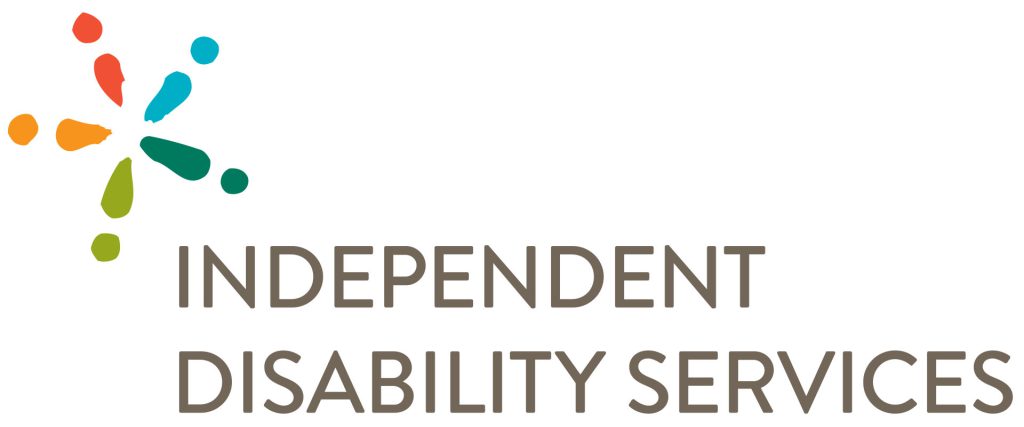
A complaint against a home care provider
The covers those with physical disabilities who reside in their own house. It provides greater independence for disabled persons. It also aims to enhance the standard of life for such individuals so that they are able to do more and enjoy more from life. The state can decide if the individual needs special assistance or can continue to live as usual. Persons with mental illness are not covered by the Disability Discrimination Act. The Convention on Human Rights of the United States and the World Health Organization provide equal protection to disabled individuals.
A complaint against a home care provider

Both conventions Berwick NDIS rights to persons with disabilities to live independently, to participate in public life, to have equal rights to all citizens. The American Bar Association has published a variety of articles and brochures about the rights of persons with disabilities. This information can be accessed by everyone. The Disability Discrimination Act prohibits discrimination based on disability in hiring, promotion and service. There are also regulations for education and training. Many States have laws to protect the rights and interests of people with disabilities. These statutes and laws make it easier for people with disabilities to obtain a degree and find work. Additionally, the American Disability
A complaint against a home care provider
Act provides greater opportunities for persons with disabilities to pursue higher education. Individuals with disabilities can complete higher education, get professional licenses, and benefit from federal financial aid programs. Many people live in care of their parents, unable to live independently. Many disabled parents do not have the financial means to pay for the high fees for a college degree or to fund full time nannies. A college degree can open new doors not only for them but for their children as well. 1994 Higher Education Amendments allowed the education of people with disabilities in higher educational programs.
This allows handicapped persons to pursue higher education as well as their career. The Disability Care Act protects the personal needs of those who are unable, or unable, to work because of a disability. A person with a disability could be defined as one or more of the following: Other impairments include the loss or inability of seeing, resulting in the inability recognize items, and the inability perform any major function normally associated to the body. The most common form of disability is long-term care facilities. The federal government’s obligations under the Americans With Disabilities Act also include protection for persons who experience abuse or violence in the home, in daycare settings, at hospitals, and other institutions.
Workers who are subjected disciplinary actions because of their disabilities are covered by the federal disability act. Prohibited discrimination means refusing to work in certain jobs because you have a physical disability. Prohibitions include requiring someone with a physical disability to perform a job that would further injure or damage them. The United States is obligated to ensure equal treatment for people with disabilities, regardless of their race, religion, or ethnicity. The United States must promote equal opportunities for persons with a variety of disabilities.
It must also develop and implement policies to raise awareness about disability among the public and better understand those who have particular disabilities. There are numerous disability research centers in the country that conduct studies and provide information to the public on the effects of disability discrimination. These centers provide information about the rights of people who have been discriminated against and the legal remedies that are available to them. These centers also coordinate with state and local governmental agencies to ensure that the rights of persons with disabilities are protected. If you feel you have a case of discrimination that is legitimate, you should consult an experienced attorney who is familiar in dealing with such cases.
The next step is to file a complaint at your local United States District office or the United States Commission on Human Rights. Alternately, you can approach the United States Department of Justice. This agency is responsible for the implementation of the Americans with Disabilities Act. You should follow up your complaint by sending a letter to the United States Department of Labor, which is the lead agency for enforcing the provisions of the act, as well as to the state and local governments that are responsible for providing home care services to persons with disabilities. Your family should be made aware of your disability, and they should urge you to take preventative measures to avoid further damage.
The covers those with physical disabilities who reside in their own house. It provides greater independence for disabled persons. It also aims to enhance the standard of life for such individuals so that they are able to do more and enjoy more from life. The state can decide if the individual needs special assistance or…
